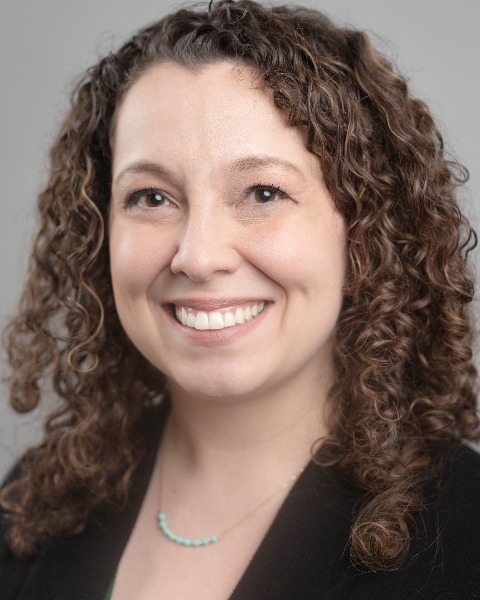Developmental and Behavioral Pediatrics
Session: Developmental and Behavioral Pediatrics 4: Potpourri
593 - Neurodevelopmental risk factors and false positive ABR-based newborn hearing screening results
Sunday, May 5, 2024
3:30 PM - 6:00 PM ET
Poster Number: 593
Publication Number: 593.1747
Publication Number: 593.1747

Nicole Talge, PhD (she/her/hers)
Associate Professor
Michigan State University
East Lansing, Michigan, United States
Presenting Author(s)
Background: Newborn hearing screening programs facilitate the detection of hearing loss and access to time-sensitive interventions. However, there is speculation that auditory brainstem response (ABR)-based, hearing screening referrals in absence of diagnosed hearing loss may reflect risk for neurodevelopmental disorders.
Objective: We aim to investigate whether three highly replicable risk factors for neurodevelopmental disorders (male sex, preterm delivery, familial risk) are associated with false positive ABR-based findings at initial screening.
Design/Methods: To do this, we linked birth certificate and Early Hearing Detection and Intervention data maintained by the Michigan Department of Health and Human Services. Singleton births (2004-2020) with available ABR-based hearing screening data were eligible for analysis (n=1,318,632). We then excluded children with conductive, sensorineural, or mixed hearing loss to yield our analytic sample (n=1,313,880). False positive findings included newborns with “refer” results (either ear) at the initial screen. We obtained sex and preterm delivery (early: < 34 weeks; late: 34-36 weeks) information from birth certificates. To examine familial risk, we limited the sample to infants who had one other sibling in the dataset born to the same mother (n=319,032).
Results: Approximately 4% of newborns obtained “refer” results in the absence of diagnosed hearing loss. Males were more likely to obtain these false positive findings (OR=1.2, 95%CI: 1.1,1.3), along with children born early and late preterm (OR=1.7, 95%CI 1.6,1.8; OR=1.5, 95%CI: 1.4,1.6, respectively). In addition, infants with refer results were more likely to have an older sibling with a refer result, even though neither were diagnosed with hearing loss (OR=3.0, 95%CI: 2.7, 3.3). Findings persisted following adjustment for socio-demographics, congenital anomalies, and age at screening.
Conclusion(s): Well-known and highly replicated risk factors for neurodevelopmental disorders were associated with false positive, ABR-based newborn hearing screening results. Future research is needed to examine whether false positive findings reflect subclinical hearing loss and/or whether they are associated with neurodevelopmental disorder diagnoses themselves.
